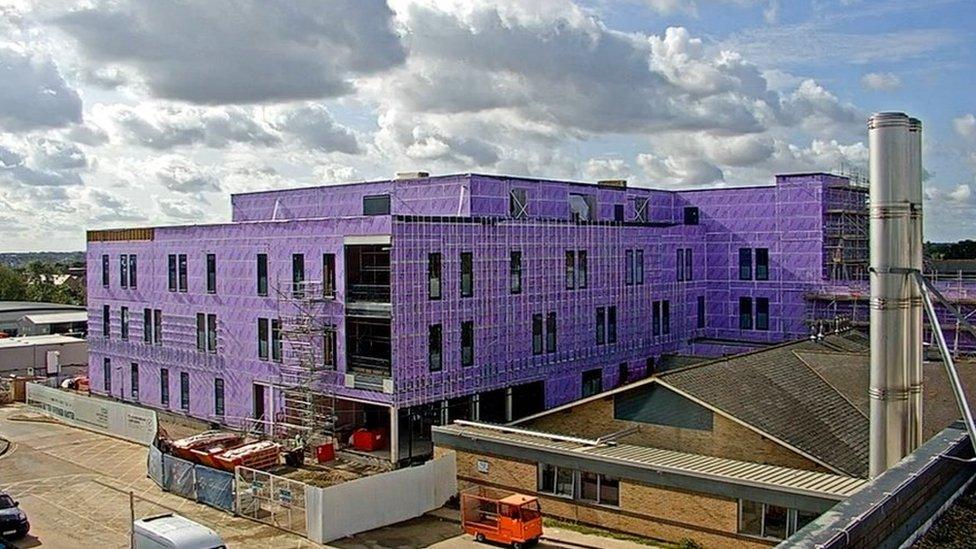Hospitals ban nitrous oxide 'due to climate fears'
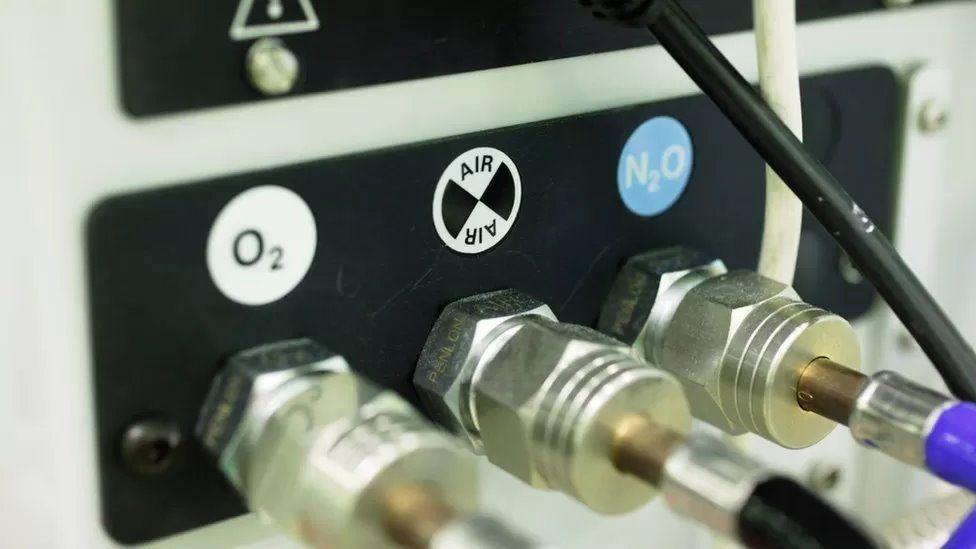
Nitrous oxide is responsible for 2% of the NHS's carbon footprint
- Published
A greenhouse gas has been removed from use as an anaesthetic in several hospitals.
East Suffolk and North Essex NHS Foundation Trust said it would no longer use nitrous oxide as it contributed to global warming.
The trust, which runs hospitals in Ipswich, Colchester, Clacton-on-Sea and Harwich, said it would use "greener alternatives" instead.
The hospital trust later clarified that nitrous oxide, known as entonox or gas and air when used in childbirth, was still available for pain relief during labour.
'Embracing change'
Consultant anaesthetist Dr Kate Gardner said the gas had "unpleasant" side effects, such as increasing post-operative nausea.
She said all piped nitrous oxide had been removed but a cylinder supply for two delivery suites had been kept.
Nitrous oxide, which has been used in healthcare since the 1860s, is responsible for 2% of the NHS's carbon footprint and 75% of the anaesthetic gas footprint.
It is either piped into theatres from a bank of cylinders called a manifold or used from cylinders attached to the anaesthetic machine.
However, a large amount was wasted through leaks, the trust said.
Ipswich Hospital had previously suspended and reinstated the use of gas and air in its maternity unit amid concerns about residual levels of nitrous oxide in delivery suites.
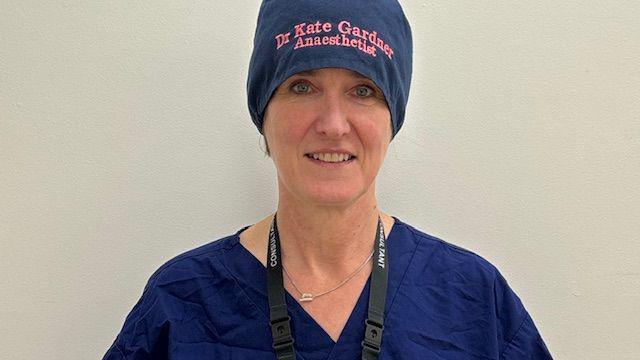
Dr Kate Gardner says studies have shown 95% of nitrous oxide is wasted through leaks in the theatre
Dr Gardner said nitrous oxide had 300 times the global warming potential of carbon dioxide.
"In recent years the impact on global warming and climate change has come to the fore and many anaesthetists have stopped using it [nitrous oxide] altogether," she said.
“Some studies show 95% wastage from the piped supply
"As a department we want to embrace change and a number of anaesthetists have altered practice to enable this to happen."
The hospital trust said it had also stopped using the anaesthetic agent desflurane.
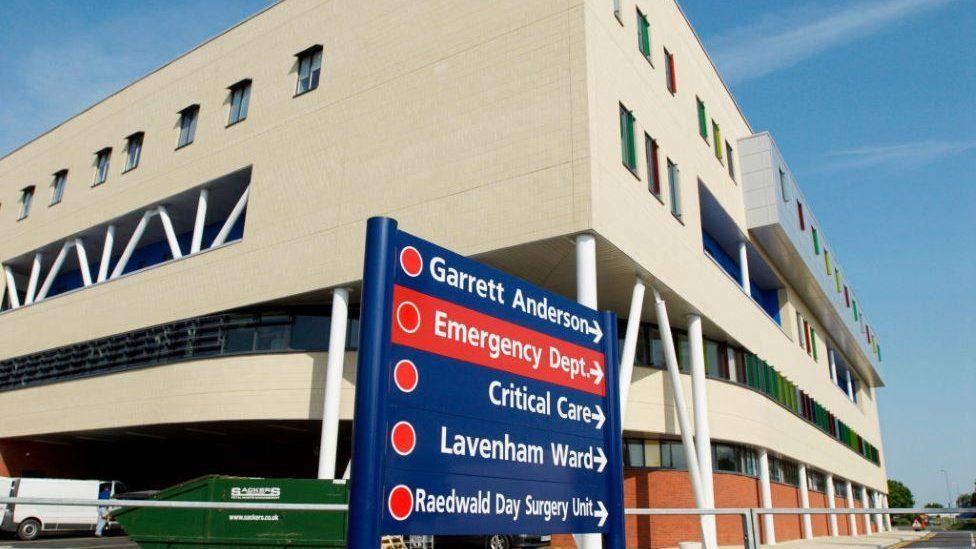
Ipswich Hospital is committed to a 'long-term sustainability programme'
Dr Aaron Pennell, clinical lead for anaesthetics at Ipswich Hospital, said work was under way to remove the nitrous oxide manifold at the facility.
“These measures, collectively with other NHS hospitals, will contribute to our long-term sustainability programme," he added.
Got a story? Email eastofenglandnews@bbc.co.uk, external or WhatsApp us on 0800 169 1830
- Published3 February 2023
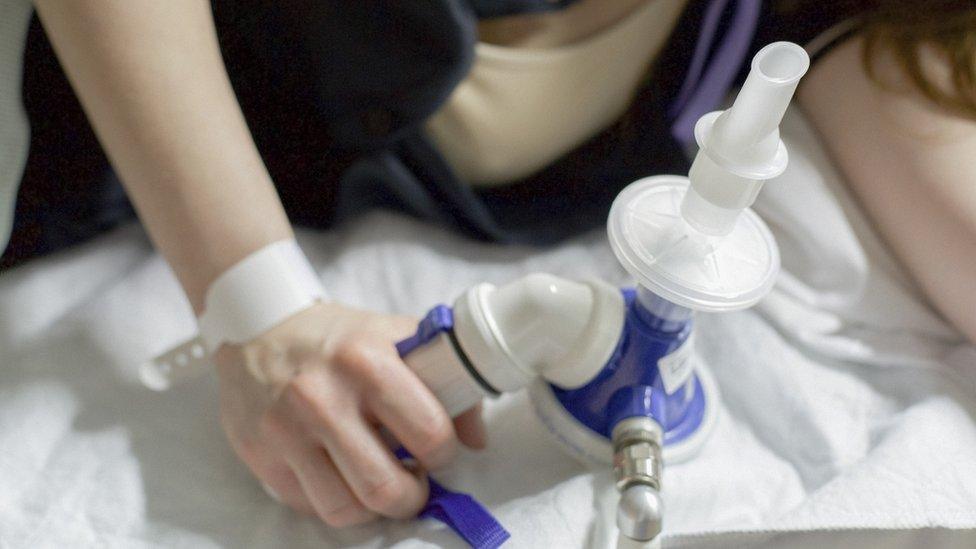
- Published5 April 2024

- Published4 January 2024
